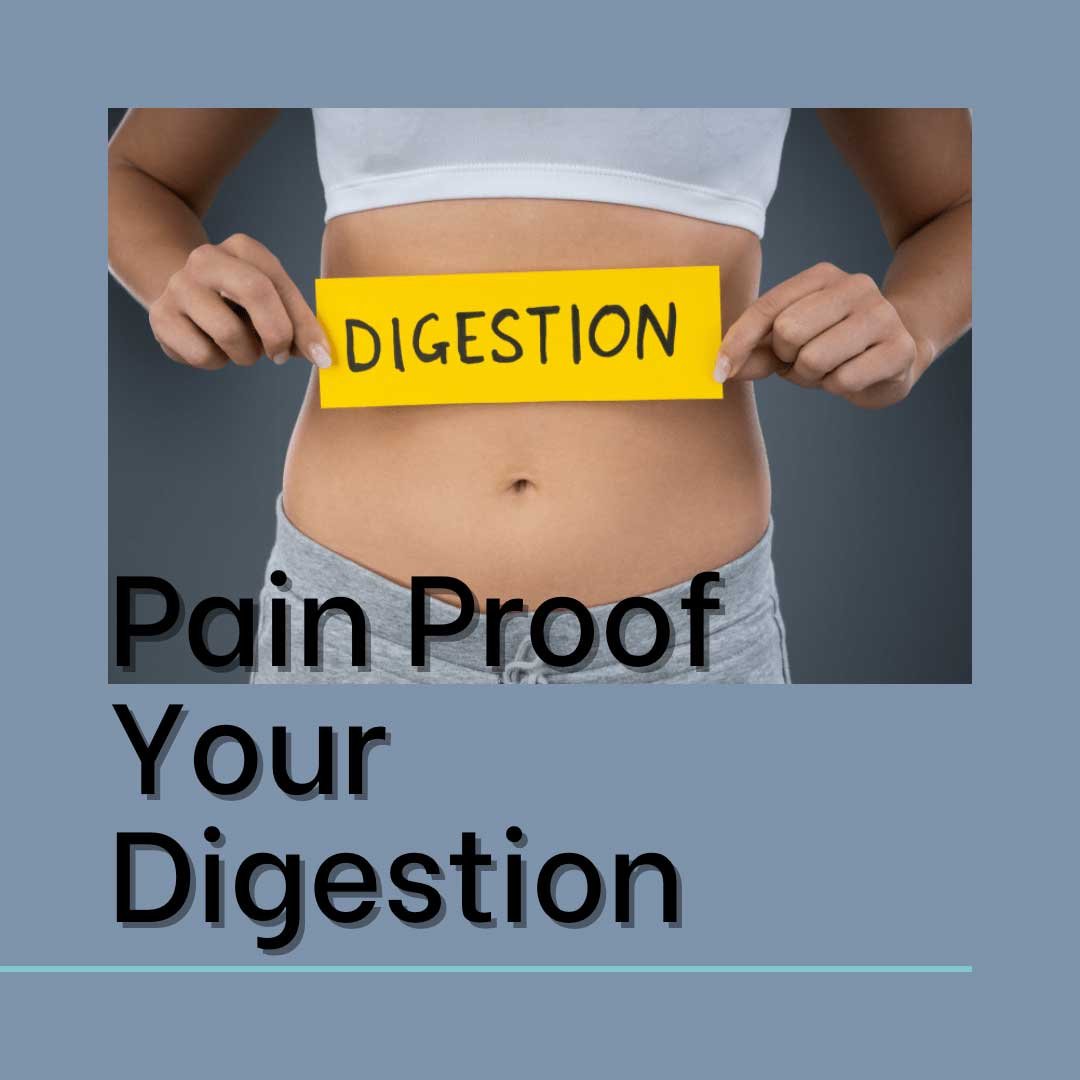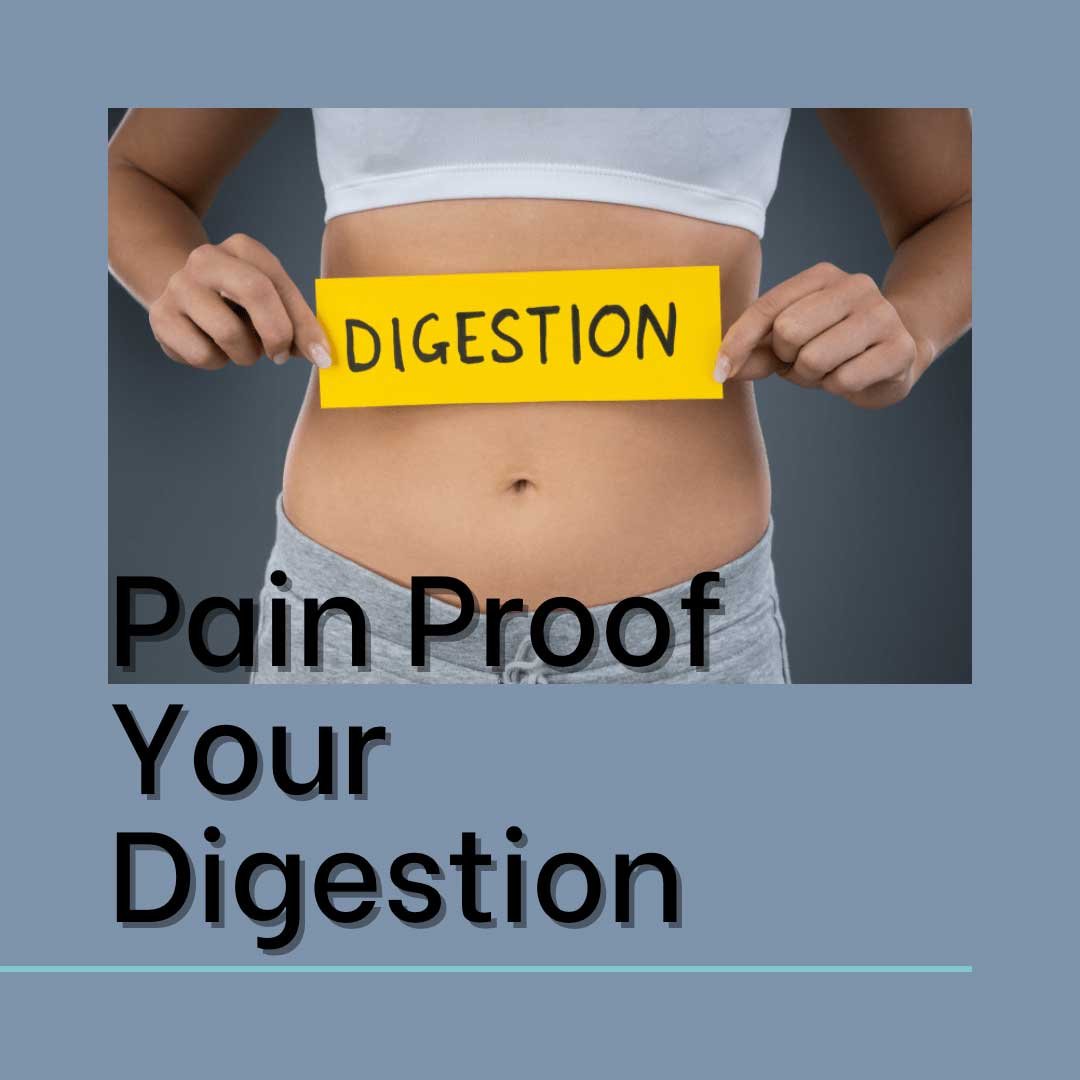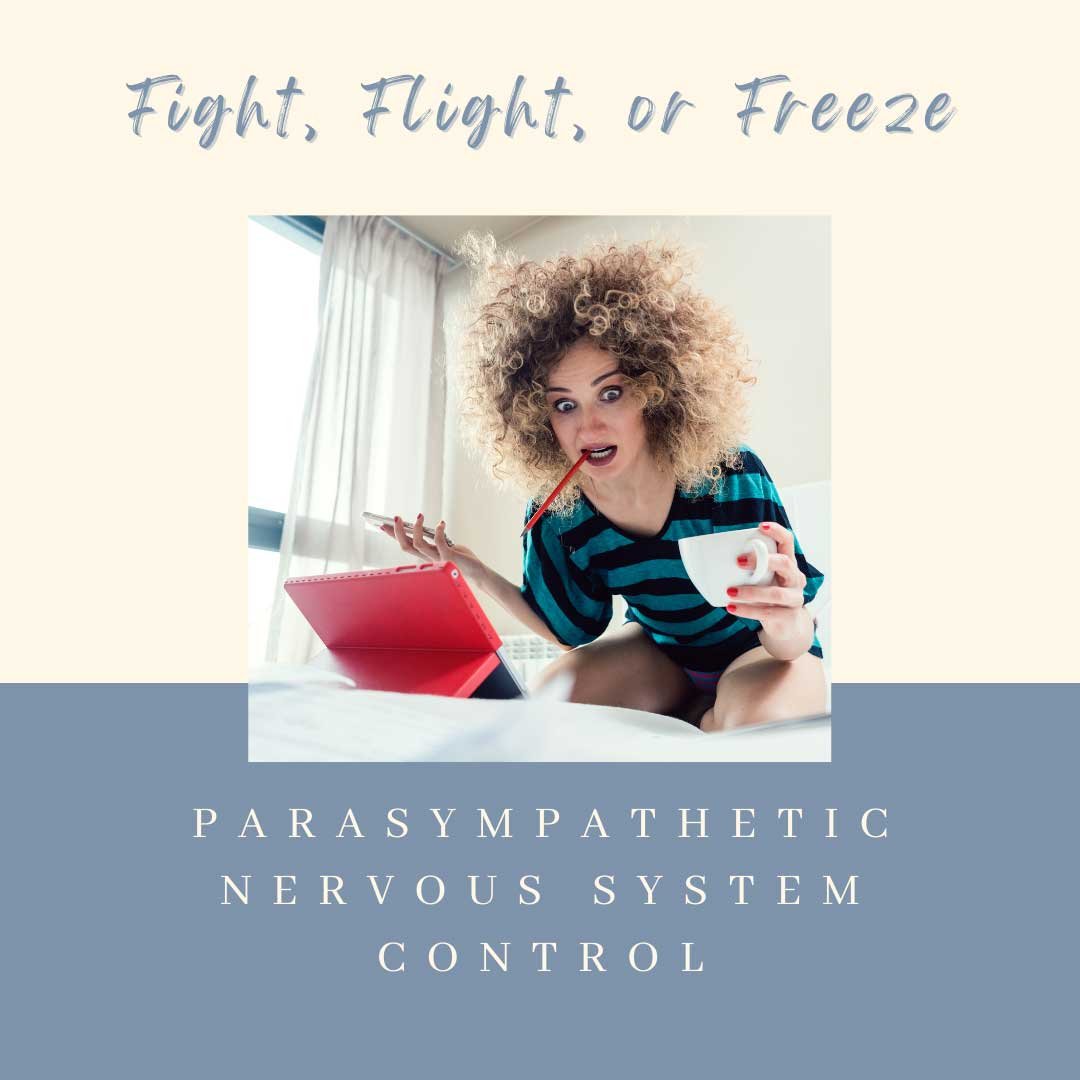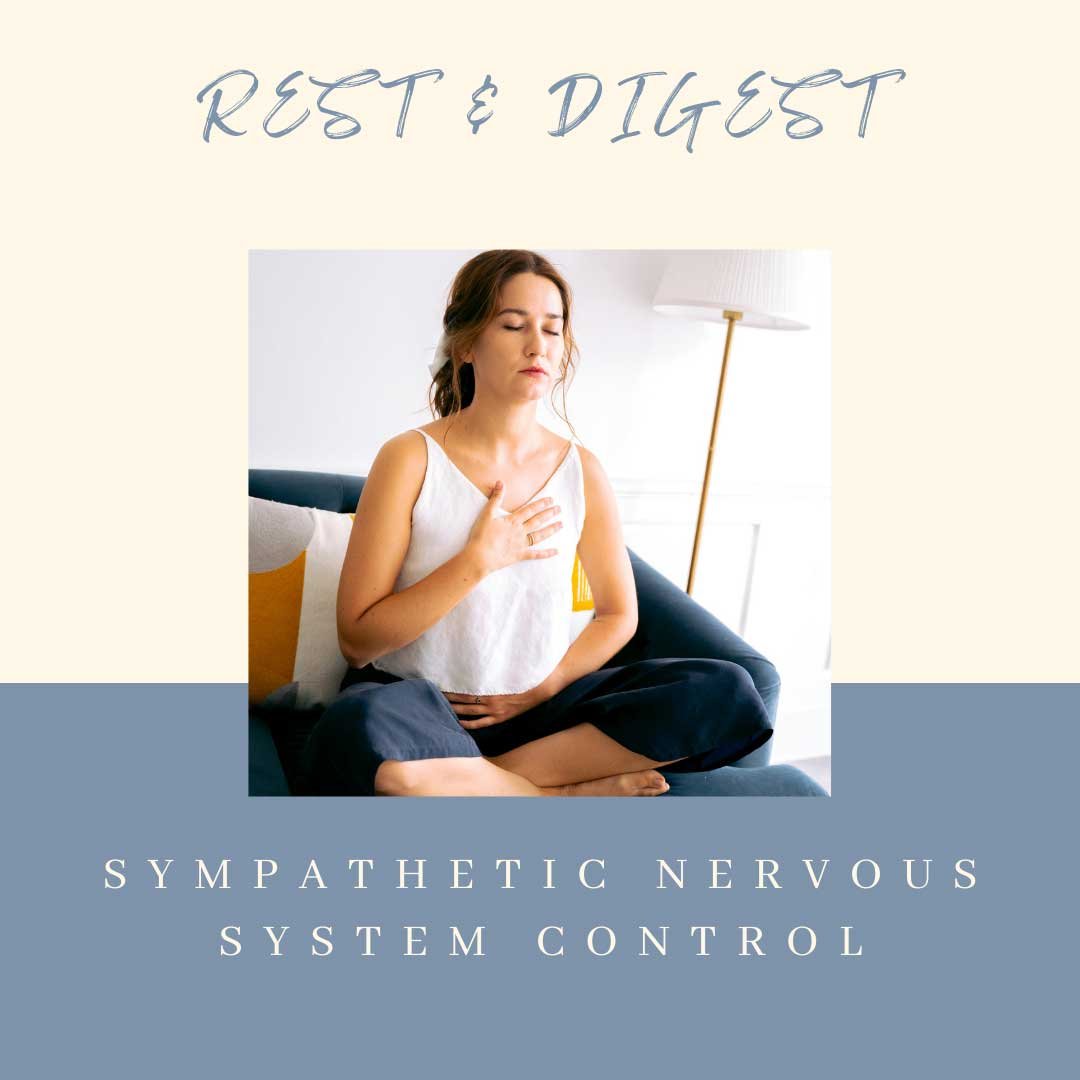When many of us think about digestion, our thoughts may turn to indigestion and all the many commercials on TV, radio or the internet that speak to us about the dire need to reduce our stomach acid. Those stomach acid reduction medications seems to be
When many of us think about digestion, our thoughts may turn to indigestion and all the many commercials on TV, radio or the internet that speak to us about the dire need to reduce our stomach acid.
Those stomach acid reduction medications seems to be the key to reducing heart burn, reflux, and the overall sense of yuck after eating something we already knew we shouldn’t.
What if I told you that magic purple pill is not helping you? Would you believe me or the actor portrayals of doctors and patients that want you to believe a pill contains all the answers – and relief – you need?
Before you can answer that, let’s back up a few steps. Specifically steps in digestion.
Where does digestion start?
Your stomach?
Your mouth?
Up until about 10 or 12 years ago I thought digestion started in your mouth. The importance of chewing and salivary enzymes that began the process of breaking down the food we eat was key. Then I learned it starts in your brain.
Let’s do a real-time experiment: Think about a lemon.
Does your mouth start watering? Mine does.
If the mere thought of lemons don’t get your salivary juices flowing, think about something that does.
This simple step of thinking about what you’re going to eat also helps your sympathetic nervous system dampen down and your parasympathetic system kick in gear.
When your sympathetic system is in control, digestion is not a priority.
Sympathetic control is our fight, flight, or freeze mode. This happens when we are working, exercising, worrying, running around, standing up while eating, driving, etc. The simple act of sitting down, taking a few slow breaths focusing on the exhale, and trying to relax as much as possible allows the sympathetic system to dampen and the parasympathetic system to take over.
We want our parasympathetic nervous system to be calling the shots when we are eating and digesting.
Relaxing before you take that first bite helps your digestion more than any pill, powder or potion. The key is you can’t rush the relaxation.
Sounds like a “duh” statement to say you can’t rush relaxation, but it’s what we do.
We are a society of rush, not relaxation – which may be why there are so many commercials for indigestion and constipation and diarrhea and other digestion-related remedies.
Relaxation is a must, not an option, for optimal digestion.
Take a few deep breaths and focus on the slow exhale. Listen to relaxing music. Imagine yourself on a tropical island, beach or lakeside. Do a few shoulder rolls or cat/cows in your chair. Walk around the building and get some real light and fresh air. Find something that pulls you away from the chaos, hustle-bustle, and into a calm state before eating.
That might be all you need to do to improve your digestion.
Try it now.
Are you a bit more relaxed? I hope so!
Perhaps you need to take it a step further and change what you are eating. ( Book a discover call)
Let’s continue:
As your food makes it past your mouth and into your stomach, it’s had the opportunity to start the breakdown process with your salivary enzymes and chewing. It’s when your stomach acid begins it’s job to really do its magic. The biggest problem I see with patients and clients is their stomach acid is too low!
When stomach acid (HCL) is too low, it rebounds when food is present causing indigestion. There are cases where an anatomical anomaly allows stomach acid to surge into the esophagus when food is introduced. That is a different issue to be addressed by a GI doctor.
However, in most cases even when surgery for where a sling is placed (Nissen Fundoplication), that alone doesn’t completely remedy the HCL rebound and GERD issues.
Methods to heal and protect the esophagus, while increasing stomach acid are still necessary.
Before moving down the digestive tract it’s important to understand, more – not less – stomach acid is more often needed to improve burping, indigestion, and stomach aches associated with eating. A low pH is required in this stage of digestion.
The liver, gall bladder, and pancreas work in concert together to adapt, breakdown, and use or store incoming nutrients. Insulin, glucose, and bile work as a team to further break down food particles, adjust to the needs of storage and removal, and pass it along to the small intestine.
The small intestine is where so much magic happens: further breakdown of what was ingested, absorption of individual nutrients, immune system fortification, and hormone production and regulation. When the “gut brain connection” is written about, this is where a good portion lives.
Or dies.
Leaky gut occurs in the small intestine. Gut dysbiosis inhabits the small intestine. SIBO, mucous, and other damaging diagnoses all are mostly found in the small intestine. Even if you are eating an optimal diet for you, if the small intestine is malfunctioning, nutrients will not not be absorbed fully, the wrong bacteria may take up residence, and you end up feeling like garbage.
There are a plethora of causes for dysfunction and destruction of the small intestine, from genetic predisposition, poor dietary habits, stress (go back to step one), unwanted microbes, and more that will disrupt the little finger-like projections in your small intestine rendering them helpless to absorb nutrients.
Poor to no nutrient absorption = malnutrition. This means your body thinks it’s starving and will start craving quick energy sources. Snickers anyone?
What remains – the unusable leftovers from your meal – are passed through your large intestine to reclaim water, feed a few good microbes, and then exit your system. If that process takes too long (constipation) or rushes by too fast(diarrhea), problems with toxicity for your whole body arise. Skin issues, fatigue, depression, anxiety, and even autism has been linked to gut dysfunction.
Our world is rapidly becoming overfed and malnourished simultaneously. We are being told to take another pill to solve all of our problems.
We are fat, sick, and the primary organs needed to perform digestion are calling it quits.
Western societies are more obese now than they ever were. There are more cases of adult onset diabetes than ever before. New categories of obesity-related illnesses are being created at a staggering rate.
Eating only salads and plants is not the cure. But that’s for another post.
What can you do?
Sit down. Take a few breaths. Relax.
Start there. Give it a couple weeks.
Most likely you didn’t get this way overnight.
If you need more guidance, schedule a discovery call and we can come up with a plan together.




Comments